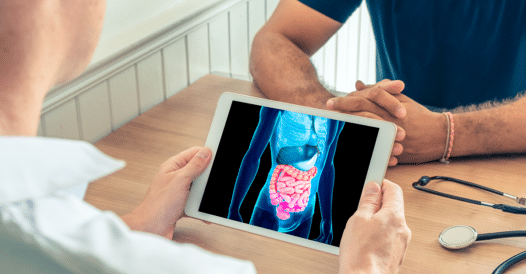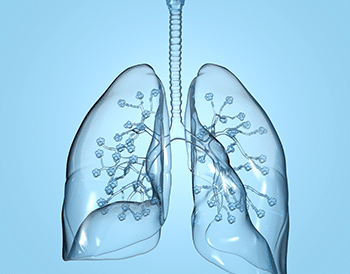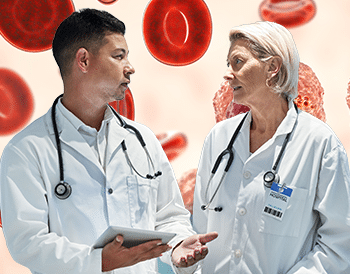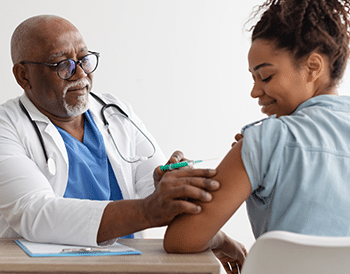- Activities▼
- Education Hubs▼
-
- Alzheimer’s Disease
- Cardiology
- COVID-19
- Dermatology
- Diversity & Inclusion
- Gastroenterology
- Hematology
- Immunodeficiency Disorders
- Infectious Disease
- Liver Disease
- Migraine
- Multiple Sclerosis
- Neuropsychiatric
- Oncology
- Ophthalmology
- Pain Management
- Pediatrics
- Pharmacist Central
- Psoriatic Arthritis
- Rare Diseases
- Respiratory
- Rheumatology
- Sleep Disorders
- Virtual Education
-
- Services▼
- News▼
- ▼











